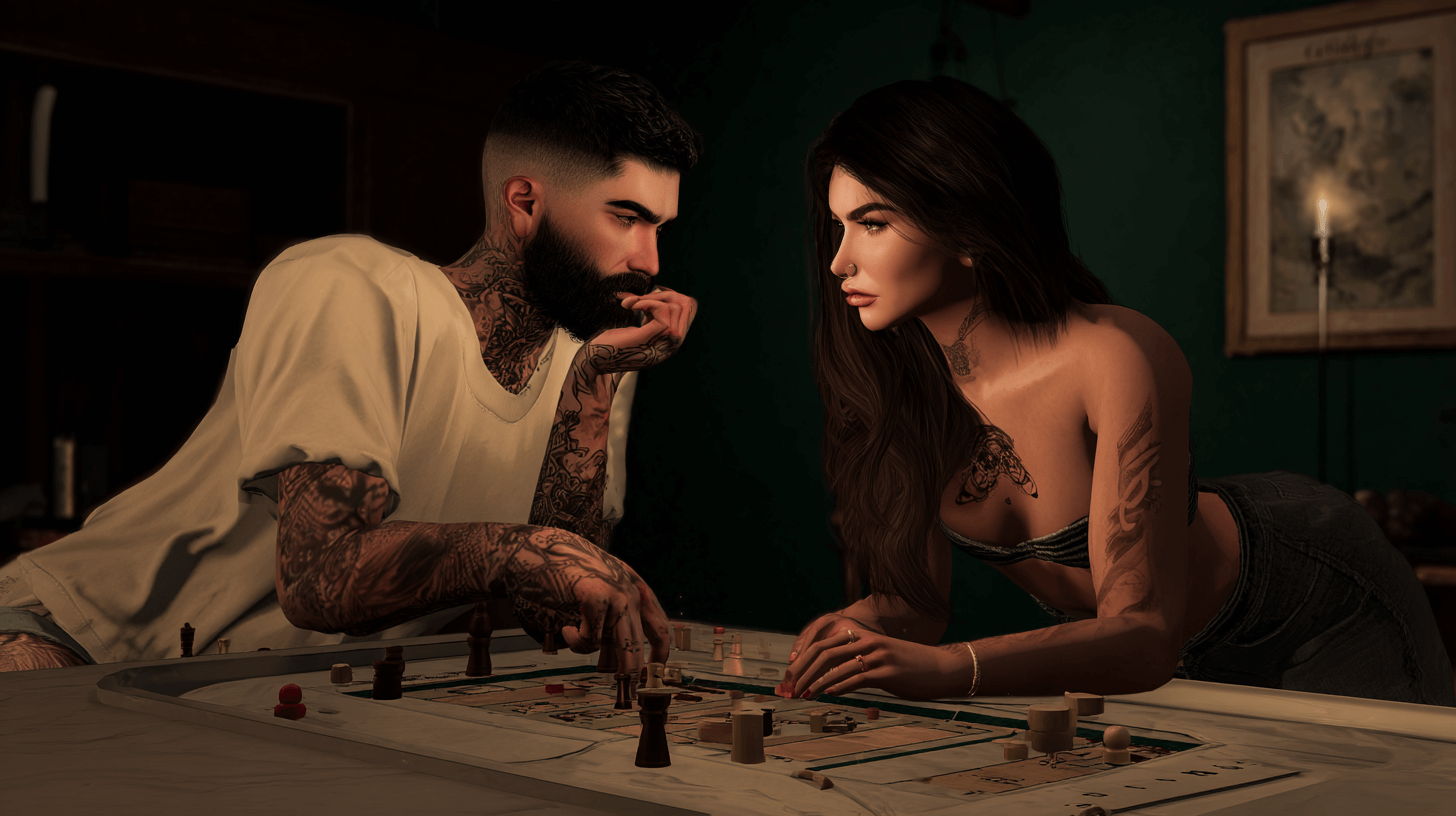A New Approach to Connection
Across cultures, couples look for fresh ways to keep their relationships alive. One method gaining attention is roleplay, a practice long used in psychology but increasingly popular at home. Unlike casual conversation, it creates a safe stage where partners can experiment with new perspectives. Researchers say these activities improve communication and strengthen intimacy—two qualities that often decline with time.
Why Experimentation Matters
Routine is comfortable, but it can slowly erode closeness. Structured exercises such as roleplaying invite partners to step out of daily roles and explore unfamiliar ground. By swapping perspectives or acting through imagined situations, they often discover insights about themselves and their partner. For many, this type of activity becomes a refreshing way to reconnect.
Building Intimacy Through Shared Scenarios
The benefits extend beyond fun. Studies in social psychology show that when people try on new roles, they become more attentive listeners. That shift deepens trust and intimacy, especially when couples share vulnerable emotions. Even simple exercises—like reenacting a recent disagreement with reversed roles—can reduce defensiveness and spark empathy. In this sense, roleplaying is not just entertainment but a pathway to emotional growth.
Practical Ideas That Work
Couples sometimes hesitate because they don’t know where to start. Experts recommend straightforward scenarios:
- Perspective Switch: Replay a recent argument but take the other’s role.
- Future Challenge: Act out moving house, financial stress, or parenting dilemmas.
- Emotional Sharing: One partner expresses a hidden fear, while the other practices validation.
- Adventure Play: Imagine being explorers or secret agents—bringing spice and adventure while creating lasting memories.
These practices demonstrate how playful activities can serve serious purposes, helping partners strengthen connection while also keeping things light.
The Science Behind the Method
Neuroscience offers an explanation. When people engage in roleplaying, their brains activate mirror neuron networks that allow them to sense another’s feelings. In reality, this means the practice can shift how partners react during everyday life. Repeated exercises train emotional regulation and encourage patience, qualities essential for long-term stability.
From Therapy to Everyday Life
Counselors have long used these methods to guide couples. In emotionally focused therapy, roleplay highlights unmet needs. In cognitive-behavioral work, it allows people to test healthier communication habits. Yet the value is not confined to therapy rooms. At home, couples who experiment with roleplaying in simple, respectful ways often find new energy in their connection.
Playful Activities Keep Love Alive
Not every exercise has to solve a problem. Sometimes, partners just want a little spice in their routine. Turning a date night into a playful scenario lets them laugh together and discover new sides of their bond. For new couples, these lighthearted experiments provide a fantastic way to ease tension and build confidence. For long-term partners, they offer a chance to create lasting experiences that deepen the relationship.
Guidelines for Getting Started
The first rule is safety: both must feel comfortable. Next, start small—a short scenario is easier than a complex role. Over time, the practice can expand into more imaginative exercises. Consistency matters too. Couples who repeat these interactions, even briefly, report stronger intimacy and improved communication. The aim is not performance but exploration.
Technology Opens New Horizons
Digital platforms are pushing these practices further. Virtual reality, for instance, allows couples to embody avatars and step into immersive worlds. Early studies show that such experiences enhance perspective-taking and make exercises feel more real. As technology evolves, roleplaying is likely to expand, offering endless possibilities for partners who want to explore new horizons together.
Conclusion: Creativity as a Bridge
What makes these activities powerful is not just novelty but the way they bring people closer. By mixing empathy, play, and curiosity, couples can rediscover what first drew them together. Whether used in therapy, at home, or in digital spaces, roleplay remains a creative bridge between fun and emotional depth. In a world where routines can easily dull connection, these practices remind us that love thrives on imagination.













